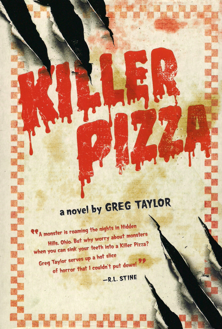
The ‘Killer Pizza’ Series by Greg Taylor
Here is an especially horror-filled series of books that will leave you shivering and hungry. High School

Here is the beginning of my list of books written by Wendy Mass.
5th Grade and Up
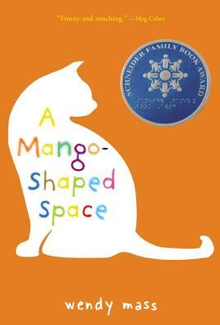
Thirteen-year-old Mia Winchell is keeping something from everyone who knows her: she was born with synesthesia; sounds, numbers, and letters have color for her. When trouble in school finally convinces Mia to reveal her secret, she feels like a freak. Her family and friends have trouble relating to her as she embarks on an intense journey of self-discovery. By the time she realizes she has isolated herself from all the people who care about her, its almost too late.
For people who enjoyed Fish in a Tree by Lynda Mullaly Hunt, here is another story about a girl whose brain is different, doesnt understand why and hides it from her friends and family.
I first learned about synesthesia from reading Out of my Mind by Sharon M. Draper, the first book I reviewed on this blog. I learned about it again watching the TNT show The Librarians. One of the characters on the show, Cassandra Cillian, is a synesthete (a person with synesthesia).
There are many different types of synesthesia. Mia herself has a few. She has grapheme-color synesthesia and chromesthesia. Other types are mentioned.
Grapheme-color synesthesia is one of the most common forms. It means she sees numbers and letters in color, like the title of this book. Personally, this seems pretty cool. Reading a book would never be boring.
Chromesthesia is another common form of synesthesia and means she sees colors and shapes depending on different sounds. For example, screeching chalk sizzles with jagged red sparks. This sounds like it could get annoying at times, like if shes in a loud place with different sounds/colors/shapes coming at her at once. I hate being in noisy, crowded places, but I would hate it more if I couldnt see through all the colors flashing in my eyes.
If you want to learn more about synesthesia, click on the YouTube link below to be taken to a TED-Ed video on the subject:
I dont really blame Mia for hiding her difference. Up until she was seven, she thought thats how everyone saw the world. When she tried to explain what she saw, her teacher told her to stop being ridiculous in front of the whole class. Take it from someone who knows. Being ridiculed by a teacher in grade school can make you feel so small.
This is a coming-of-age book. Meaning its a book about finding out who you are and what is your place in the world. I would give advice on this, but Im still going through it, and Im 23. Mia kind of makes too much of a big deal about being a synesthete and being different. It seems more like a remarkable ability to have but not something that has to define you.
I hate how her parents think Mia is lying when she finally tells them and how they act like its the end of the world. But parents do feel helpless when they dont understand what their child is going through.
Im glad this book exists to show people that synesthesia is real and that kids who talk about seeing words in color arent just goofing around. That happens so many times in this book that it made me sick.

Here is an especially horror-filled series of books that will leave you shivering and hungry. High School
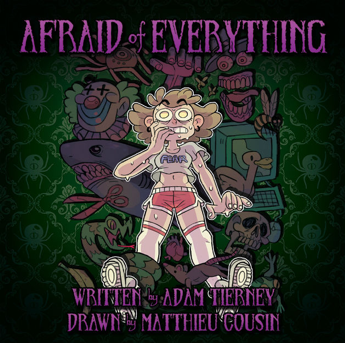
HAPPY 150TH BOOK REVIEW And to celebrate, here is a book of short horror stories written specifically for young readers. 5 to 95 (Suggested for
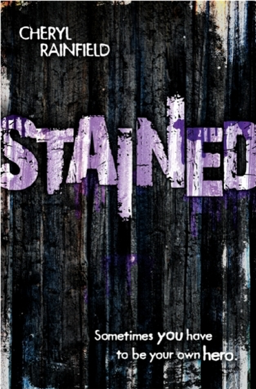
High School Sixteen-year-old Sarah Meadows longs for normal. Born with a port-wine stain covering half her face, shes been plagued by stares, giggles, bullying, and

Here is an especially horror-filled series of books that will leave you shivering and hungry. High School

HAPPY 150TH BOOK REVIEW And to celebrate, here is a book of short horror stories written specifically for young readers. 5 to 95 (Suggested for all readers) Featuring twenty-six terrifying short stories, each based on a different A to Z

High School Sixteen-year-old Sarah Meadows longs for normal. Born with a port-wine stain covering half her face, shes been plagued by stares, giggles, bullying, and disgust all her life. But when shes abducted on the way home from school, Sarah
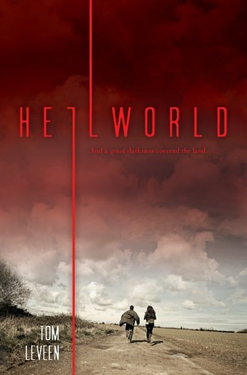
HAPPY OCTOBER! To celebrate October, heres a hell-raising story to get us in the Halloween mood. Pun intended. High School Five years ago, Abby Booths mom, co-host of a ghost-hunting reality show, went missing while filming in a haunted cave

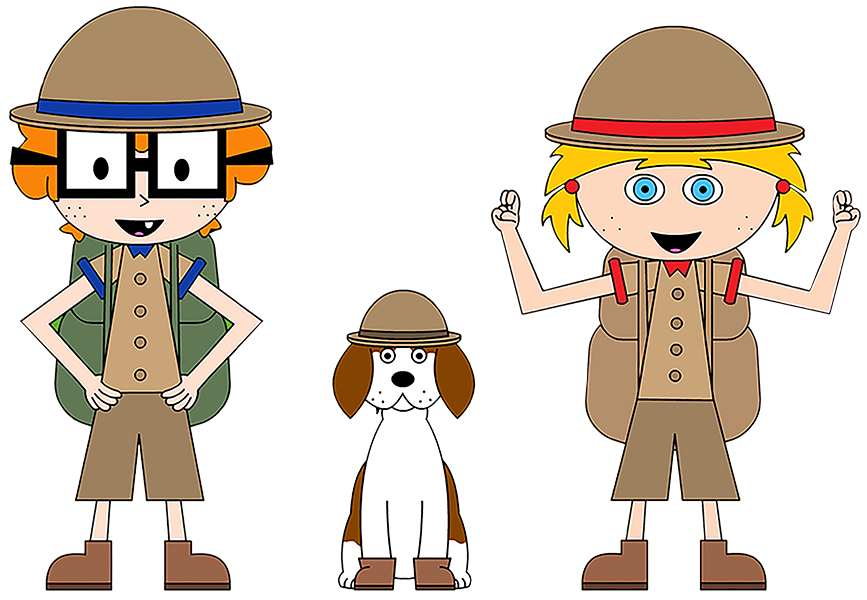
Albert, Houdini & Maddie
Copyright © 2021 Amazing Artists Online – All Rights Reserved
Developed by Clearian
Copyright © 2023 Amazing Artists Online – All Rights Reserved
Developed by Clearian